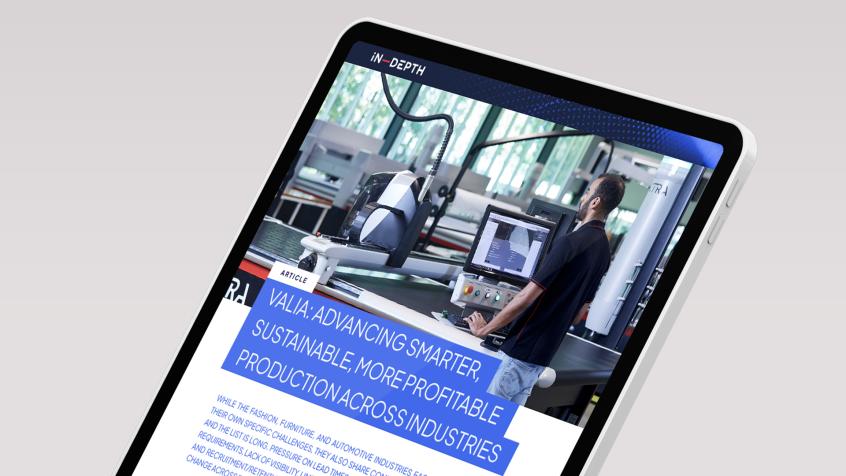How the push for sustainability is changing the fashion industry
Fashion and style are always changing, but the practices within the fashion industry haven’t always been so quick to adapt.

Discouraging over consumption
In the past, those who were into fashion wouldn’t be caught wearing the same thing twice in the same month, let alone twice in a week. These days, however, that sort of overconsumption is seen as irresponsible and dangerous. Many clothing companies are now marketing long-lasting items that can be worn repeatedly without degradation and without the “faux pas” that was once associated with multiple wears.
Younger “fashionistas” are not as concerned with being at the very forefront of current trends and are willing to hang on to clothing articles for a longer time. This means that while apparel companies may lose volume on the number of sales, they can ask a higher price for higher quality pieces of clothing that will last longer. In many cases, this evens out in terms of profitability.
Material sourcing
Clothing giants have often been criticized for their irresponsible sourcing methods. In the past, they basically had free reign to go into any ecosystem and extract whatever they needed to produce their fabrics, or create harmful synthetic fibers that shed microplastics. People wanted to be able to buy the newest trendy item no matter what the cost. Today, thanks to a populace that is more educated on the harm this can do, that is no longer the case.
Consumers are now demanding that materials are sourced responsibly and that only sustainable products are used. This includes using organic materials and focusing on natural dyes rather than relying on chemically enhanced products or harvesting crops that are suffering from scarcity. If a certain region is suffering from a shortage of something, the manufacturer should focus on finding a new material to produce their items.
Cleaner, more efficient production
Pollution and wastefulness have long been problems in the fashion industry, and consumers are starting to demand more environmentally conscious manufacturing processes. Minimizing the number of chemicals used in production and trying to stretch out every drop of water are just some ways that clothing firms are reducing their carbon footprint. Some companies such as Nike and Reebok are even recycling their own waste materials to create more product. This takes a little bit of extra work but saves a lot of money on materials in the long run.
Greater transparency
As consumer demands for sustainability have increased, fashion companies have realized that they need to be as transparent as possible in order to retain their customer base. Years ago, people probably had no idea where their clothing came from or what it was made of, but now that knowledge is almost required in order to buy something.
Most clothing that is bought today tells the customer the breakdown of materials and where it was manufactured. If someone wants further information, they can usually contact the apparel company and find out how the materials were sourced and what type of working conditions were used to create the piece. Transparency is very important in the eyes of customers, and the fashion industry is well aware of this.
Improved technology
In order to maximize efficiency and minimize waste, most apparel manufacturers are utilizing cutting-edge technology. Companies like Gerber Technology offer technology-based services that can help any fashion organization automate their cutting processes and reduce their carbon footprint. Thanks to CAD and nesting software, and high-end cutting and spreading equipment, Gerber’s end-to-end solutions can help with sourcing, selection, design, and even finishing the product.
With Gerber, fashion executives can stick to concepts and designs while our machines and software do the work required for you to produce high-quality, sustainable clothing. Digital apparel cutting is a safe, efficient, and sustainable process that can help improve the process of clothing manufacturing while reducing costs on materials and labor. Gerber professionals know exactly what is needed when it comes to making green clothing, and we are happy to provide our services.
Fashion and Lectra
Related content









